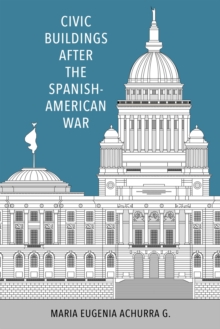
Matria Redux : Caribbean Women Novelize the Past PDF
by Tegan Zimmerman
Part of the Caribbean Studies Series series
Description
In Matria Redux: Caribbean Women Novelize the Past, author Tegan Zimmerman contends that there is a need for reading Caribbean women's texts relationally. This comprehensive study argues that the writer's turn to maternal histories constitutes the definitive feature of this transcultural and transnational genre. Through an array of Caribbean women's historical novels published roughly between 1980 and 2010, this book formulates the theory of matria-an imagined maternal space and time-as a postcolonial-psychoanalytic feminist framework for reading fictions of maternal history written by and about Caribbean women.
Tracing the development of the historical novel in four periods of the Caribbean past-slavery, colonialism, revolution, and decolonization-this study argues that a pan-Caribbean generation of women writers, of varying discursive racial(ized) realities, has depicted similar matria constructs and maternal motifs. A politicized concept, matria functions in the historical novel as a counternarrative to traditional historical and literary discourses.
Through close readings of the mother/daughter plots in contemporary Caribbean women's historical fiction, such as Andrea Levy's The Long Song, Edwidge Danticat's The Farming of Bones, Paule Marshall's Praisesong for the Widow, and Marie-Elena John's Unburnable, Matria Redux considers the concept of matria an important vehicle for postcolonial-psychoanalytic feminist literary resistance and political intervention. Matria as a psychoanalytic, postcolonial strategy therefore envisions, by returning to history, alternative feminist fictions, futures, and Caribbeans.
Information
-
Download - Immediately Available
- Format:PDF
- Pages:294 pages
- Publisher:University Press of Mississippi
- Publication Date:23/06/2023
- Category:
- ISBN:9781496846389
Other Formats
- EPUB from £21.00
Information
-
Download - Immediately Available
- Format:PDF
- Pages:294 pages
- Publisher:University Press of Mississippi
- Publication Date:23/06/2023
- Category:
- ISBN:9781496846389










